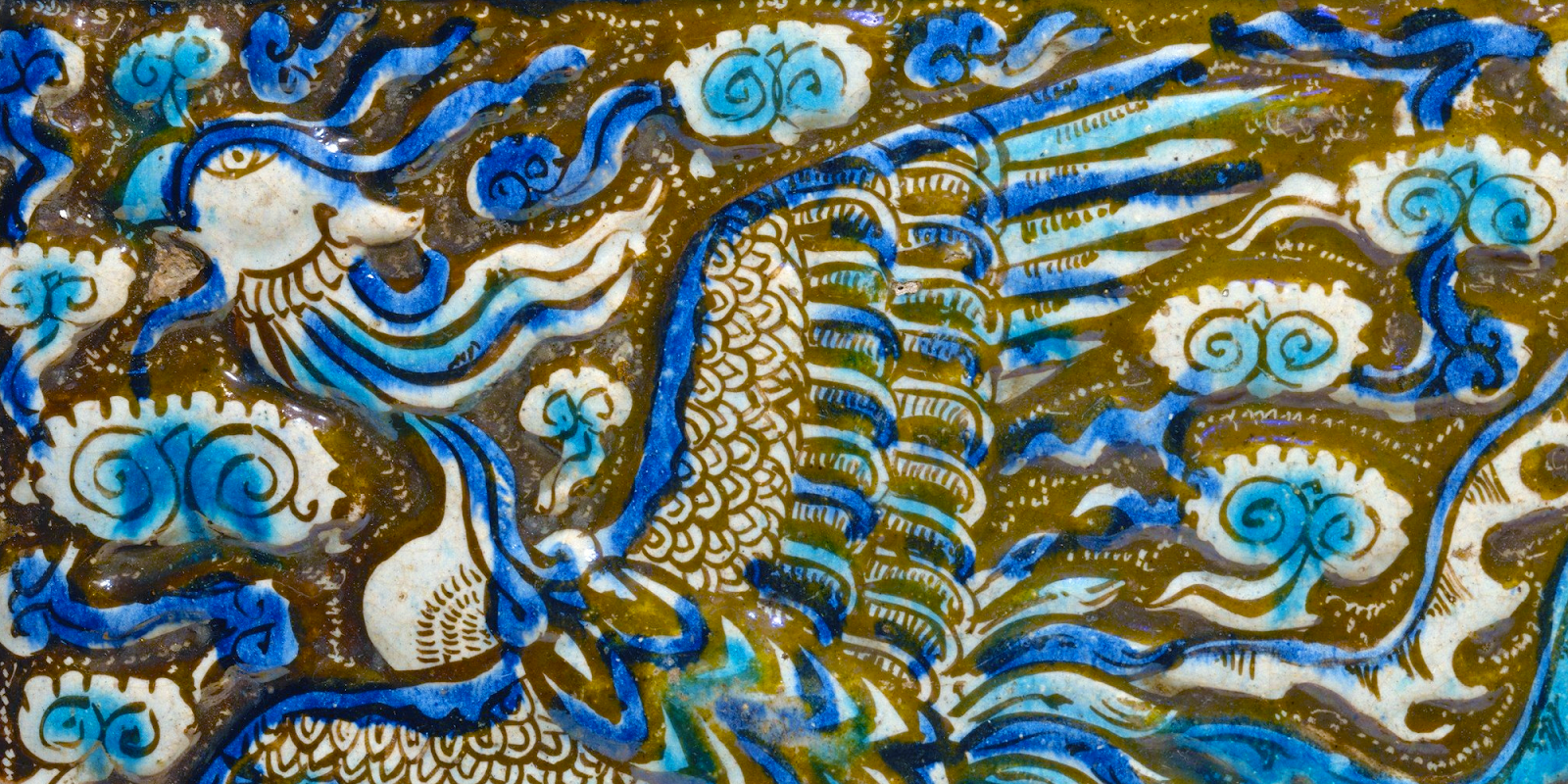History of Science, Ottoman or Otherwise
with Nir Shafir
hosted by Sam Dolbee, Chris Gratien, and Arianne Urus
 |
| Nir Shafir and Arianne Urus Kurtuluş, July 2013 |
Part One: Science and Its Contexts
Part Two: An Ottoman History of Science
Nir Shafir is a doctoral candidate at UCLA studying Ottoman intellectual history (see academia.edu)
Sam Dolbee is a doctoral candidate in the department of Middle East Studies at New York University.
Arianne Urus is a doctoral candidate at New York University studying environmental history and international order in early modern Europe and the Atlantic world.
Chris Gratien is a doctoral candidate at Georgetown University researching the social environmental history of the Ottoman Empire and the modern Middle East (see academia.edu)
Note for the listener: This podcast is based on primary source research, but it is also a synthesis of publicly available information and draws extensively from the following works below, which are also mentioned during the course of the episode. For the purposes of academic citation, we encourage you to consult these works.
SELECT BIBLIOGRAPHY
Ottoman/Islamic History of Science
Adıvar, Abdülhak Adnan. Osmanlı türklerinde ilim. İstanbul: Maarif matbaası, 1943.
Sayılı, Aydın. The Observatory in Islam. New York: Arno Press, 1981.
İhsanoğlu, Ekmeleddin. Transfer of Modern Science & Technology to the Muslim World: Proceedings of the International Symposium on "Modern Sciences and the Muslim World" (Istanbul 2-4 September 1987). İstanbul: Research Centre for Islamic History, Art and Culture, 1991.
Fazlıoğlu, İhsan. Türk bilim tarihi. İstanbul: Bilim ve Sanat Vakfı, 2004.
Yılmaz, Coşkun, and Necdet Yılmaz. Osmanlılarda sağlik. Istanbul: Biofarma, 2006.
History of Science, General
Shapin, Steven, Simon Schaffer, and Thomas Hobbes. Leviathan and the Air-Pump: Hobbes, Boyle, and the Experimental Life. Princeton, N.J.: Princeton University Press, 1985.
Latour, Bruno. Science in Action: How to Follow Scientists and Engineers Through Society. Cambridge, Mass: Harvard University Press, 1987.
Golinski, Jan. Making Natural Knowledge: Constructivism and the History of Science. Cambridge: Cambridge University Press, 1998.
Smith, Pamela H. The Body of the Artisan: Art and Experience in the Scientific Revolution. Chicago: University of Chicago Press, 2004.
Cook, Harold John. Matters of Exchange Commerce, Medicine, and Science in the Dutch Golden Age. New Haven [Conn.]: Yale University Press, 2007.
Dear, Peter. Revolutionizing the Sciences: European Knowledge and Its Ambitions, 1500-1700. Princeton, N.J.: Princeton University Press, 2001.
Elshakry, Marwa. Reading Darwin in Arabic, 1860-1950. 2013.
Sivasundaram, Sujit. 2010. "A Global History of Science and Religion". Science and Religion. 177-197.
Raj, Kapil. Relocating Modern Science. New York (N.Y.): Palgrave Macmillan, 2010.
Citation: "History of Science, Ottoman and Otherwise," Nir Shafir, Samuel Dolbee, Arianne Urus, and Chris Gratien, Ottoman History Podcast, no. 124 (September 28, 2013) http://www.ottomanhistorypodcast.com/2012/09/science-ottoman-empire-muslim-world-islamic.html.
Note for the listener: This podcast is based on primary source research, but it is also a synthesis of publicly available information and draws extensively from the following works below, which are also mentioned during the course of the episode. For the purposes of academic citation, we encourage you to consult these works.
SELECT BIBLIOGRAPHY
Ottoman/Islamic History of Science
Adıvar, Abdülhak Adnan. Osmanlı türklerinde ilim. İstanbul: Maarif matbaası, 1943.
Sayılı, Aydın. The Observatory in Islam. New York: Arno Press, 1981.
İhsanoğlu, Ekmeleddin. Transfer of Modern Science & Technology to the Muslim World: Proceedings of the International Symposium on "Modern Sciences and the Muslim World" (Istanbul 2-4 September 1987). İstanbul: Research Centre for Islamic History, Art and Culture, 1991.
Fazlıoğlu, İhsan. Türk bilim tarihi. İstanbul: Bilim ve Sanat Vakfı, 2004.
Yılmaz, Coşkun, and Necdet Yılmaz. Osmanlılarda sağlik. Istanbul: Biofarma, 2006.
History of Science, General
Shapin, Steven, Simon Schaffer, and Thomas Hobbes. Leviathan and the Air-Pump: Hobbes, Boyle, and the Experimental Life. Princeton, N.J.: Princeton University Press, 1985.
Latour, Bruno. Science in Action: How to Follow Scientists and Engineers Through Society. Cambridge, Mass: Harvard University Press, 1987.
Golinski, Jan. Making Natural Knowledge: Constructivism and the History of Science. Cambridge: Cambridge University Press, 1998.
Smith, Pamela H. The Body of the Artisan: Art and Experience in the Scientific Revolution. Chicago: University of Chicago Press, 2004.
Cook, Harold John. Matters of Exchange Commerce, Medicine, and Science in the Dutch Golden Age. New Haven [Conn.]: Yale University Press, 2007.
Dear, Peter. Revolutionizing the Sciences: European Knowledge and Its Ambitions, 1500-1700. Princeton, N.J.: Princeton University Press, 2001.
Elshakry, Marwa. Reading Darwin in Arabic, 1860-1950. 2013.
Sivasundaram, Sujit. 2010. "A Global History of Science and Religion". Science and Religion. 177-197.
Raj, Kapil. Relocating Modern Science. New York (N.Y.): Palgrave Macmillan, 2010.











Comments
Post a Comment
Due to an overwhelming amount of spam, we no longer read comments submitted to the blog.